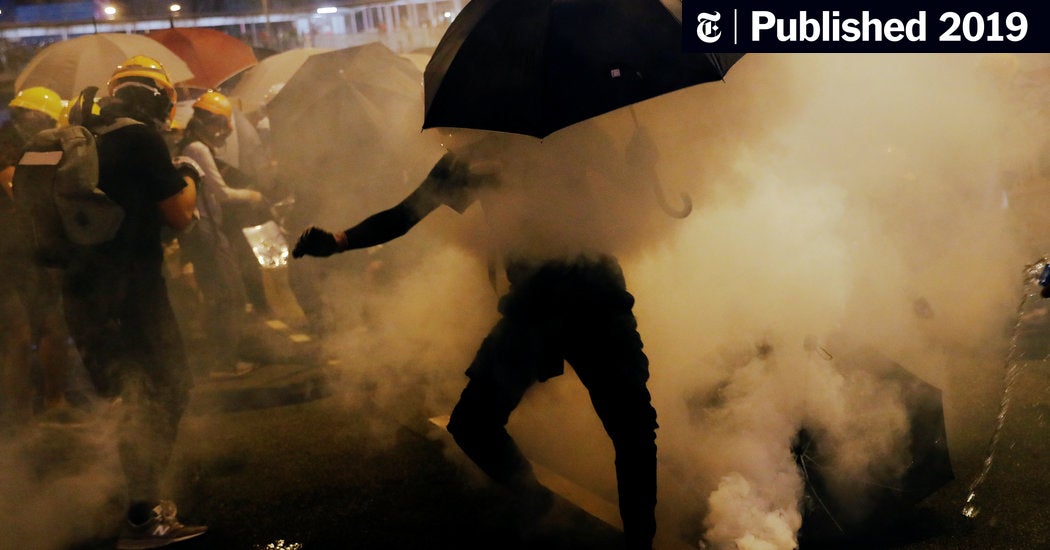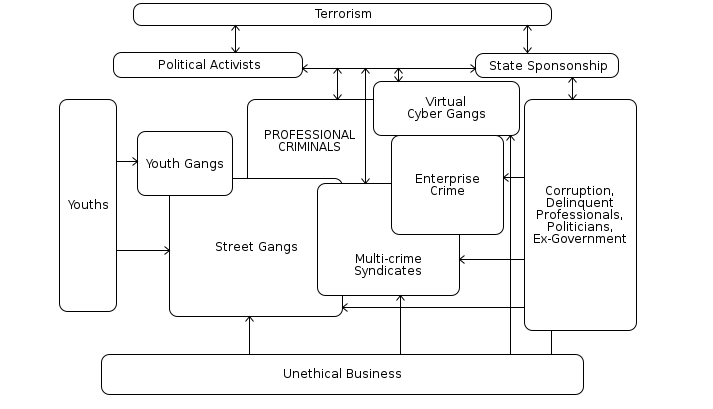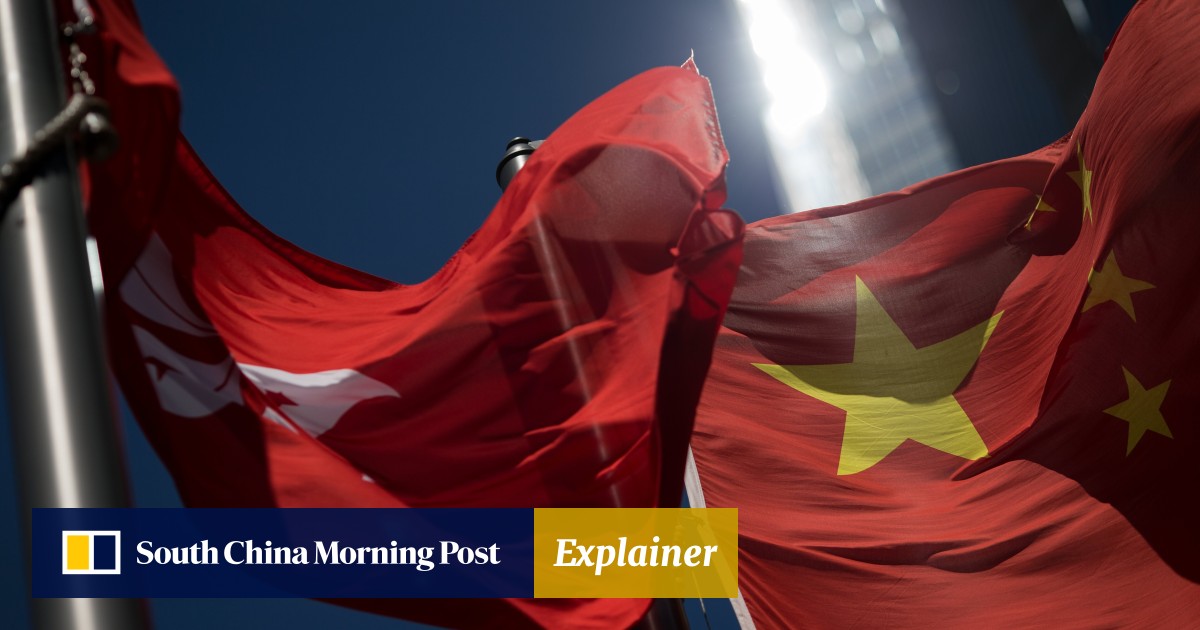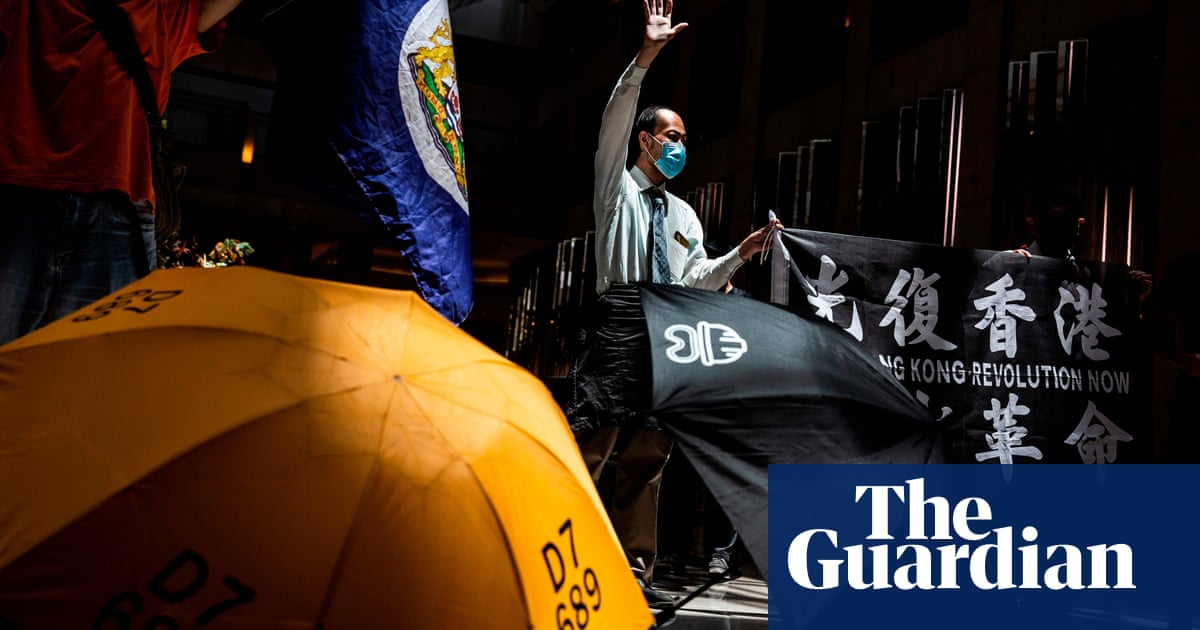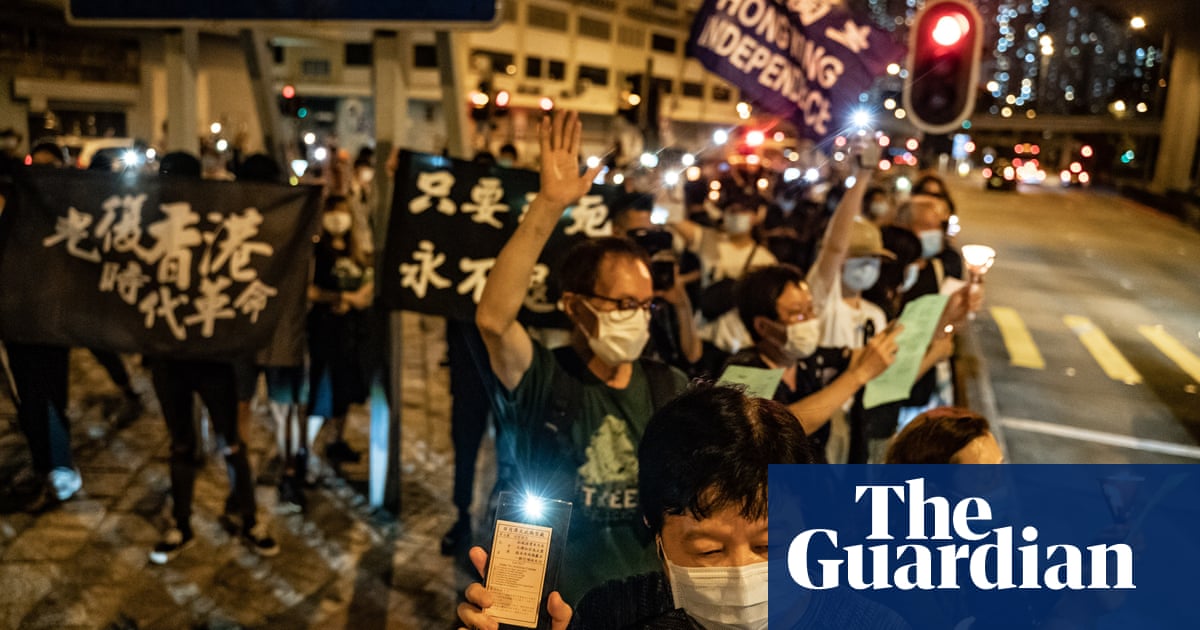Chinese officials and state media have seized on news of the protests sweeping the US, comparing the widespread unrest to the pro-democracy movement in Hong Kong and accusing Washington of hypocrisy.
Mass protests spread across multiple US states over the weekend, many escalating after police responded with teargas, pepper balls and other projectiles, and in some instances using vehicles to ram protesters. Some cities have seen arson and looting, and across the nation police have been criticised for using excessive force.
The protests were sparked by the death of
George Floyd, an African American man killed by a white police officer in Minneapolis.
The US protests follow almost a year of highly visible and significant pro-democracy demonstrations in
Hong Kong, where police are also repeatedly accused of using excessive force.
The US administration has been vocal in support of the pro-democracy movement in Hong Kong, particularly since Beijing’s declaration it would impose
national security laws on the semi-autonomous region.
After days of chaotic scenes in the US,
China has jumped to criticise the American government.
At a press conference on Monday, foreign ministry spokesman, Lijian Zhao urged the US to eliminate racial discrimination and protect the lawful rights of minorities,
according to state-backed media, CGTN.
“The death of
George Floyd reflects the severity of racial discrimination and police brutality in the US,” said Zhou.
Zhao also threatened “counter-attacks” on the US for continued retaliatory measures over China’s increased control over Hong Kong, which include reversing Hong Kong’s special customs status.
On Sunday China’s foreign ministry spokeswoman, Hua Chunying posted “I can’t breathe” – Floyd’s last words – to Twitter, with a screenshot of her American counterpart criticising China’s crackdown on Hong Kong.

